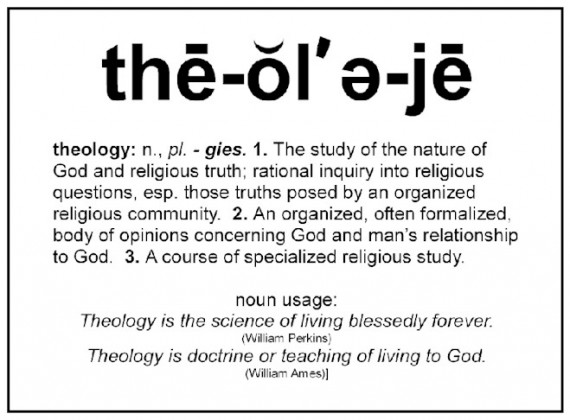 When I first sat down to study and research the flood account through the lens of Jesus Christ, I initially thought that the key to this text was found in faulty English translations.
When I first sat down to study and research the flood account through the lens of Jesus Christ, I initially thought that the key to this text was found in faulty English translations.
We must admit that the vast majority of Bible translators hold a view of God in which He is angry about sin and violent toward humanity as a result. As such, they often translate texts to reveal this theological bias, even if the text as originally written does not. I initially thought that the account of the flood was a perfect illustration of this bias.
Translating Genesis 6:13a
For example, according to many translations, the first part of Genesis 6:13 says that because God saw the great evil and violence that was upon the earth, God decided or determined that He would destroy everything living upon it. Here are three sample translations which show this perspective:
So God said to Noah, “I am going to put an end to all people, for the earth is filled with violence because of them…” (NIV).
And God said to Noah, “I have determined to make an end of all flesh; for the earth is filled with violence through them…” (RSV).
So God said to Noah, “I have decided to destroy all living creatures, for they have filled the earth with violence…” (NLT).
As can be seen from these two translations, the text seems to indicate that as a result of violence in the world, God decided or determined to send some violence of His own, and wipe out every living thing.
But a brief look at a few other English translations shows that another way of reading the text is possible:
And God said to Noah, “The end of all flesh has come before Me, for the earth is filled with violence through them…” (NKJ).
And God said unto Noah, “The end of all flesh is come before me; for the earth is filled with violence through them…” (KJV).
Then God said to Noah, “The end of all flesh has come before Me; for the earth is filled with violence because of them…” (NAS).
These three translations show that the first part of Genesis 6:13 can clearly be translated in a different way. In contrast to the first three translations above, these second three translations show that it is not that God decided or determined to send destruction upon the earth, but that God saw that death and destruction was going to come upon the earth. The destruction of the earth had come before Him. The Hebrew literally reads that it had come “before His face,” or “into His presence.”






 Frequently, due to sin, rebellion, and the other factors, God simply withdraws His protective hand and allows sin, Satan, and chaos to have their way.
Frequently, due to sin, rebellion, and the other factors, God simply withdraws His protective hand and allows sin, Satan, and chaos to have their way.
 One common objection to the proposal I am making in my series on how to understand the violence of God in the Old Testament (see the link list below) is that this view seems to make God out to be a liar.
One common objection to the proposal I am making in my series on how to understand the violence of God in the Old Testament (see the link list below) is that this view seems to make God out to be a liar.



